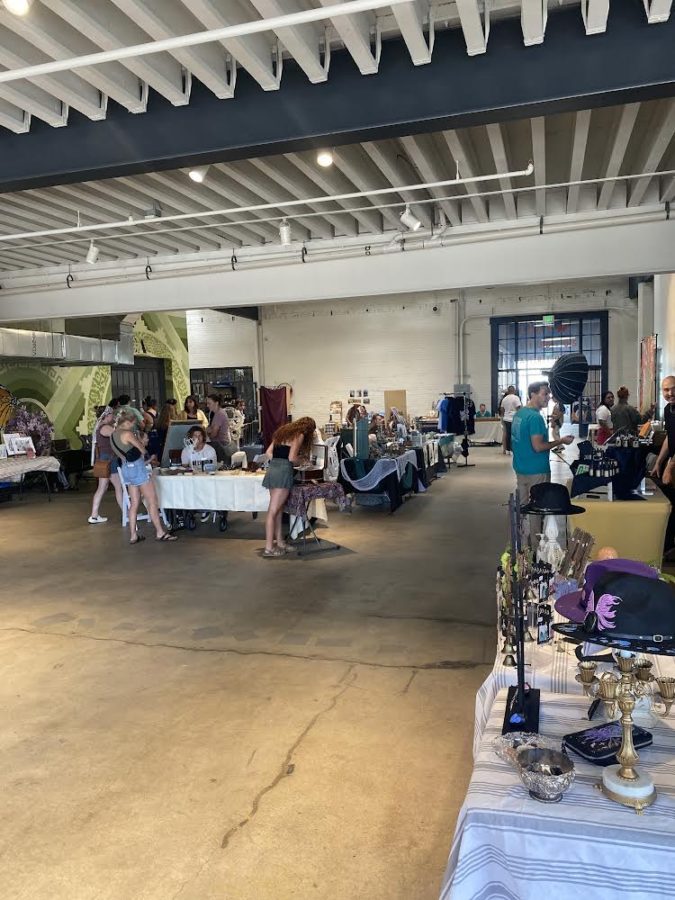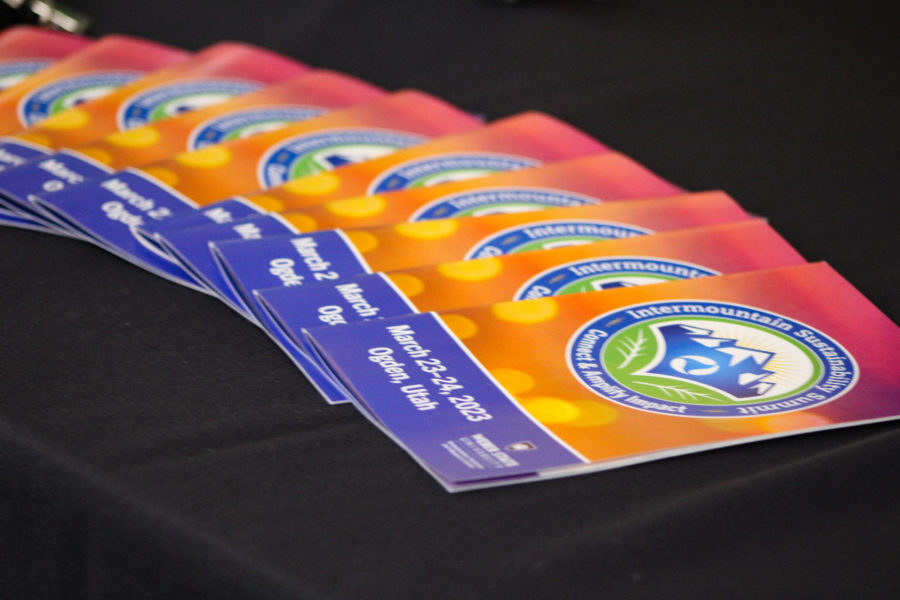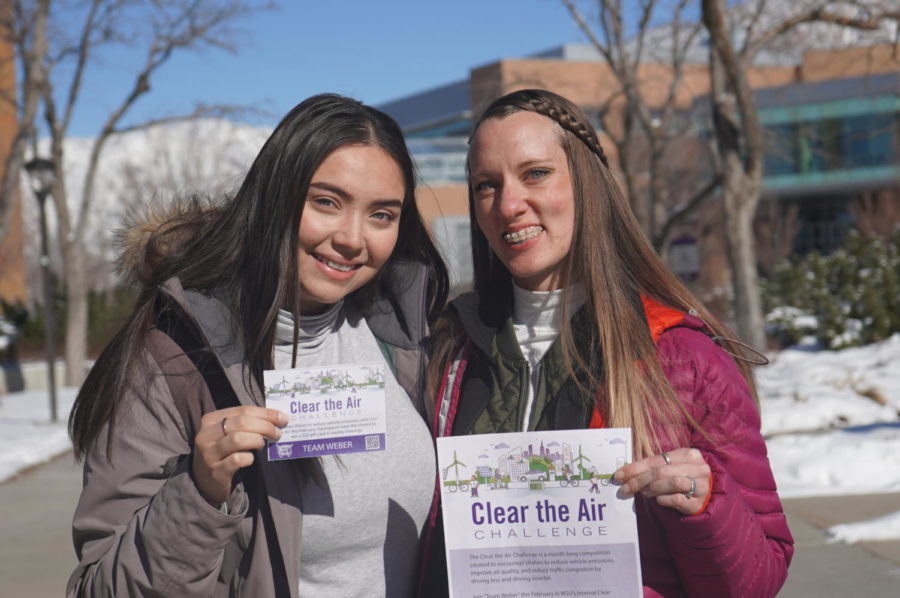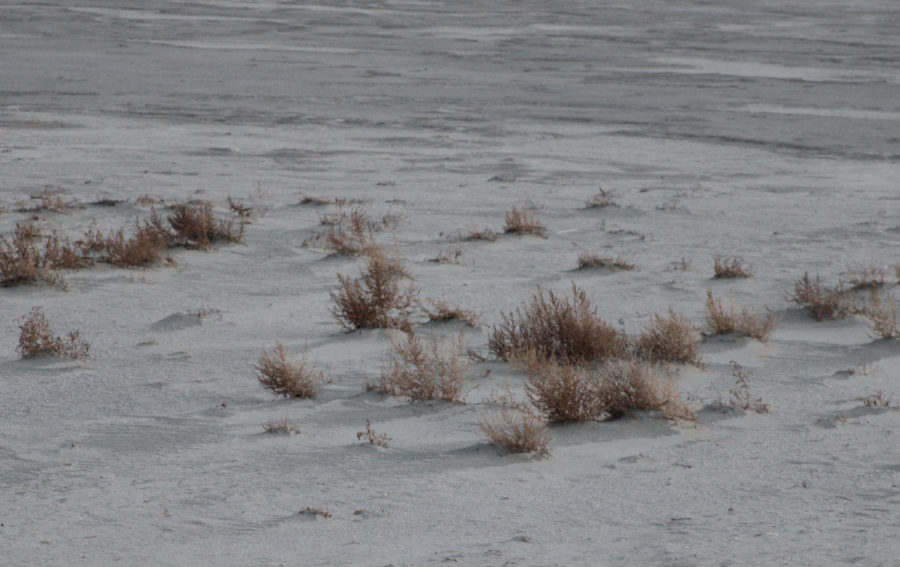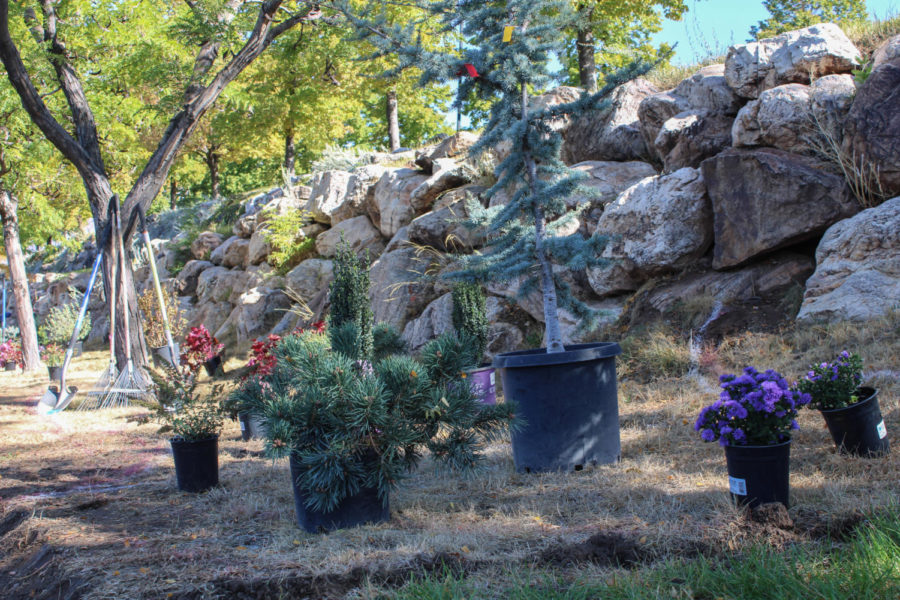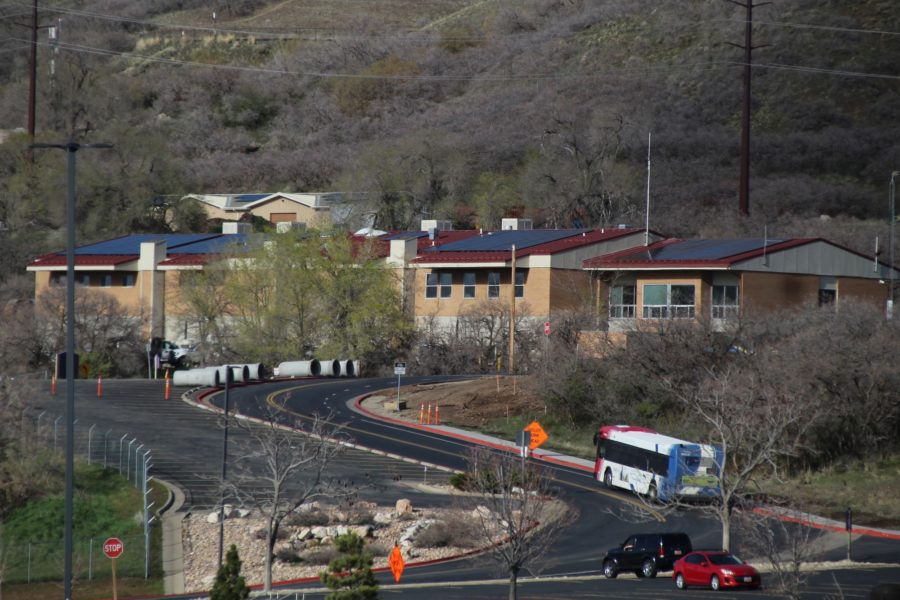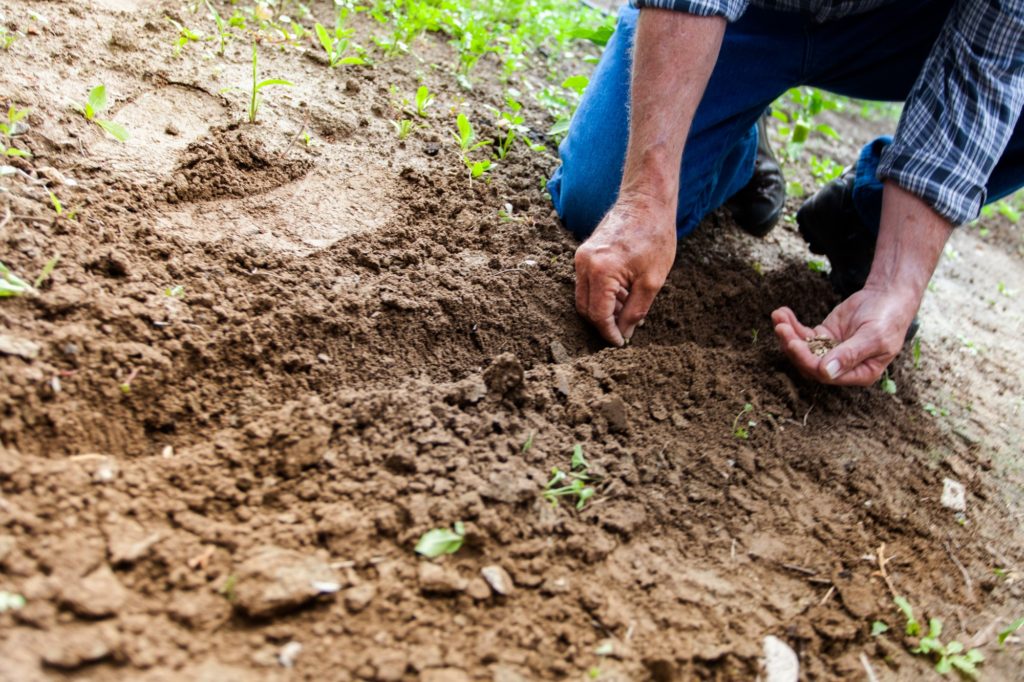
Most people decide to play their part in being eco-friendly by making small changes like shorter shower times, reusable grocery bags and recycling, which eventually lead to bigger changes within our environment.
At Weber State University, offices on campus are moving to “Tiny Trash,” trash cans the size of coffee cans attached to recycling bins, to encourage more recycling. It is part of the university’s goal of becoming carbon-neutral by 2050.
A small town in Panama is setting an example that Weber could follow.
Kalu Yala, 50 minutes from downtown Panama City, started from the ground up, aiming to grow while still becoming a fully sustainable city.
Situated in the rainforest, accessible only by a rough dirt road, the community opened its doors in June 2010 in San Miguel, the closest town to Kalu Yala, with its Research and Development Institute. The institute began with 10 students who were sent to work in Panama City to begin finding ways to grow Kalu Yala.
In May 2011, 40 students joined the research and development institute and set out to start living the lifestyle they’d been researching. The town includes a farm, composting toilets, hiking trails, a small restaurant, dorms for guests, a river in which to work and play, and four small businesses: The Camp at Kalu Yala, Ambiente, Jungle Adventures and Panama Farms.
The settlement provides study abroad programs that encourage hands-on learning and exploration. Programs include sustainable agriculture, biology, business entrepreneurship, culinary arts, media lab, public health and wellness, public education and community development, design thinking, outdoor recreation and an optional Spanish class.
Study Abroad is offered during fall, spring and summer semesters, each offering different prices for tuition but averaging around $6,411 per semester. Tuition includes housing, a meal plan, laundry facilities and air transportation three days before and after the program.
Monthly payment plans are an option if the tuition cannot be made in full. Financial aid is provided mainly from scholarships from a student’s current university if the program is approved for credit. Local scholarships for the residents of San Miguel and San Martin are also provided through Kalu Yala.
For non-students, Kalu Yala, allows stays for $50 per person per night, which includes a stay in a walk-in nylon tent with an inflatable mattress and three meals a day. Transportation round-trip from Kalu Yala to the airport is $80, and activity/tour options range in price from $20 to $50. A small diner is available for meals where 80 percent of the food comes from the farm or the local surrounding areas.
Kalu Yala has already built 20 homes that have also been sold as of the end of 2016. More are scheduled to begin this year, maintaining a zero carbon footprint throughout its establishment.




